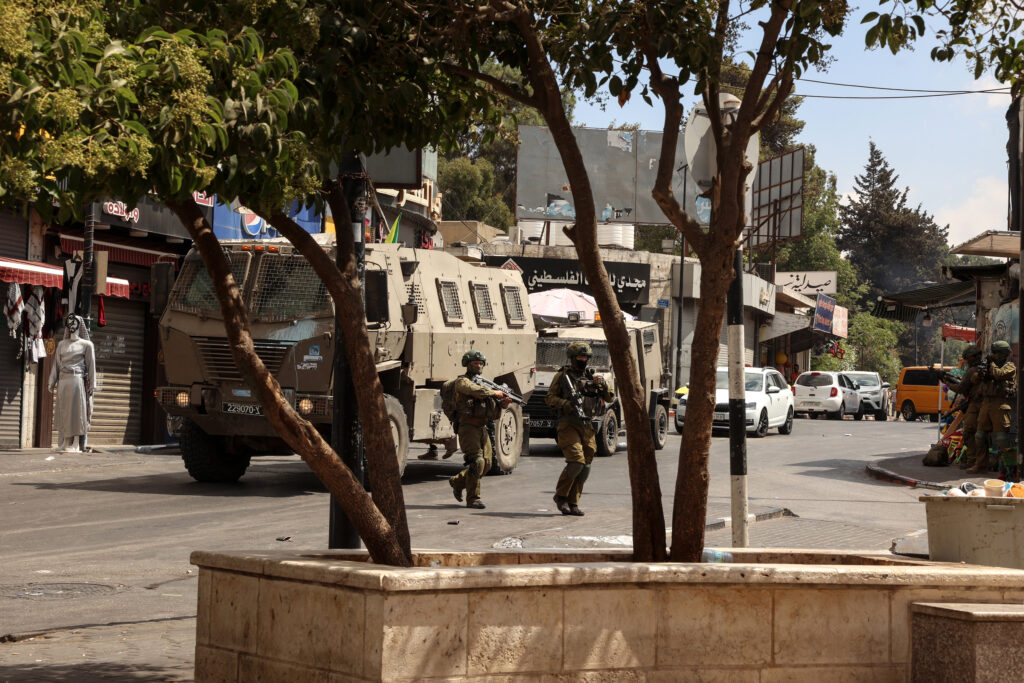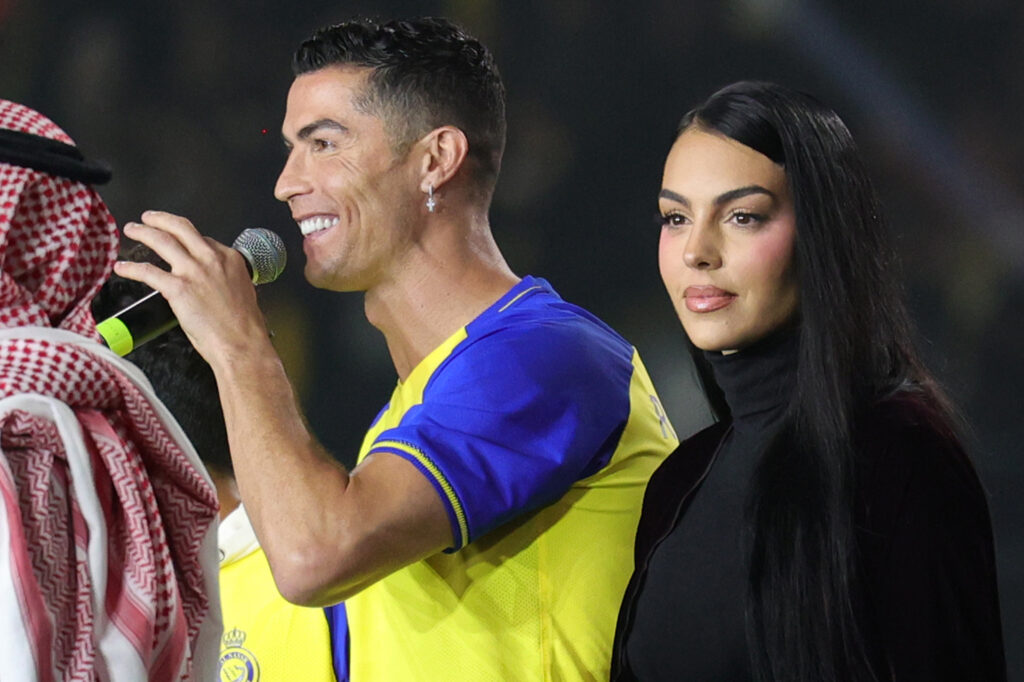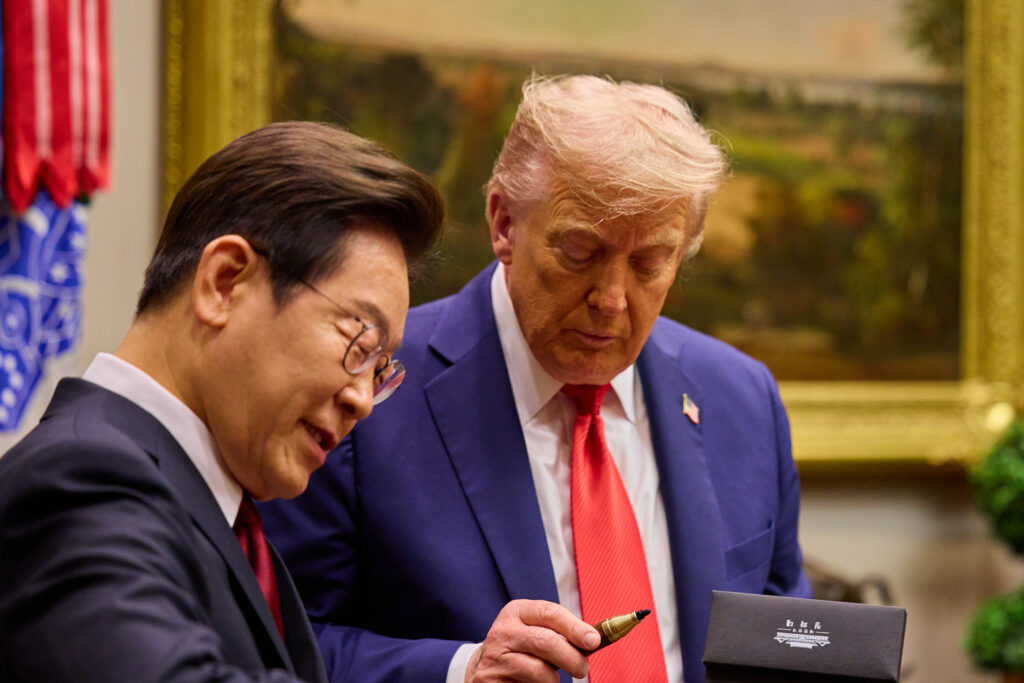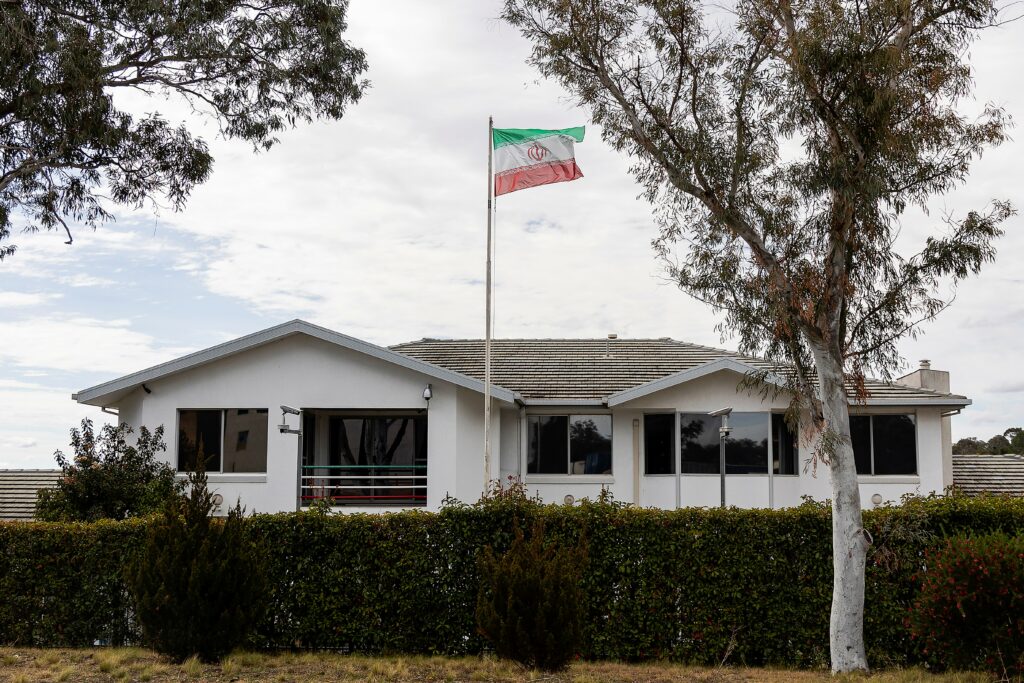Israel raid wounds 14 in West Bank’s Ramallah: Red Crescent
The Israeli army raided the West Bank city of Ramallah on Tuesday, leaving 14 people wounded as troops fanned out across the city centre, the Palestinian Red Crescent said.Tensions have remained high in the occupied West Bank since Hamas’s October 2023 attack on Israel which sparked the Gaza war, with repeated raids by the Israeli army on Palestinian population centres, particularly in the north. The Red Crescent said at least 14 people were wounded in the latest raid. Seven were hit by live rounds, while the rest were injured by rubber bullets or tear-gas inhalation. It added that Israeli forces were “preventing our teams from reaching the injured in a besieged area”.An AFP journalist saw soldiers on the ground around Al-Manara Square in the city centre and on balconies overlooking it. The Israeli army confirmed it had launched an operation in the area but did not provide more details.Although the army has carried out frequent operations in the cities and refugee camps of the northern West Bank, it has done so relatively rarely in Ramallah, headquarters of the Palestinian Authority.Palestinians were seen throwing stones at troops as they began the operation, which appeared to target currency exchange offices in particular.Witnesses told AFP that the army withdrew in early afternoon.Violence in the West Bank has intensified since the October 2023 attack. At least 972 Palestinians — including both militants and civilians — have been killed in the territory by Israeli troops or settlers, according to an AFP tally based on Palestinian Authority figures. In the same period, at least 36 Israelis, both civilians and soldiers, have been killed in attacks or military operations in the territory, according to Israeli figures.Excluding Israeli-annexed east Jerusalem, the West Bank is home to about three million Palestinians and 500,000 Israelis living in settlements that are considered illegal under international law.vid-lam-crb-ds/kir




